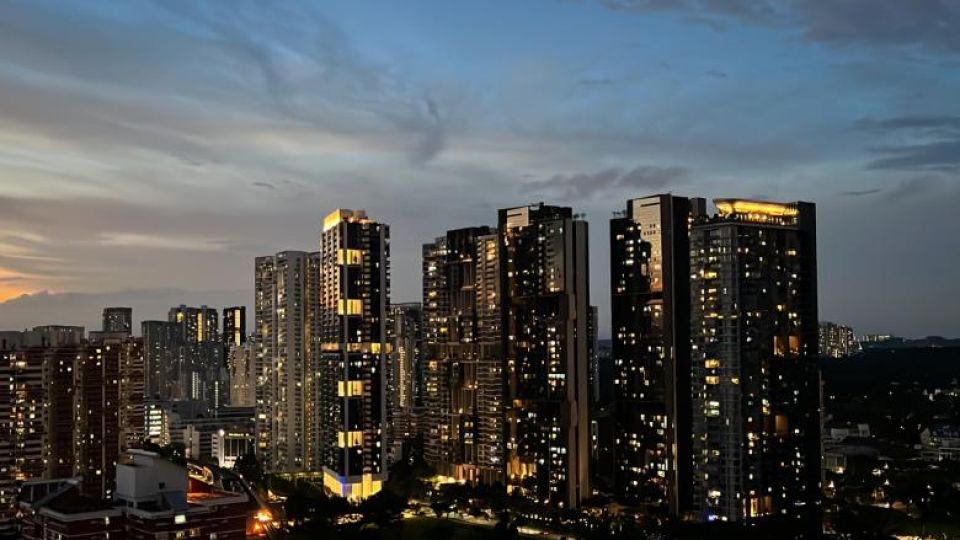March 1, 2022
SINGAPORE – As the Republic looks to diversify its energy sources, it can explore hydrogen and nuclear power, said Dr Tan Wu Meng (Jurong GRC) in Parliament on Monday (Feb 28), the first day of the debate on Budget 2022.
He raised the idea of Singapore’s potential as a hydrogen hub and said it should start up hydrogen-based electricity generation and fuel-cell capability.
In his speech focused on energy security amid the climate crisis, Dr Tan added that Singapore should keep a close watch on nuclear energy developments in both fission and fusion.
“For nuclear fission, we should continue assessing the safety of small modular reactors – and whether a future generation of small modular reactors can be safely deployed in the Singapore context,” he said.
Noting that about 95 per cent of Singapore’s electricity is generated using natural gas, he described it as a “serious concentration of risk”, adding that the push for electric vehicles will further concentrate the risk.
“There is a case for Singapore to further diversify our electricity sources, and to do so ahead of the market – for energy resilience and energy security, also to reduce our carbon footprint as part of the climate crisis response,” said Dr Tan.
He added that solar panels and regional power grids – methods Singapore is currently tapping – have their own limitations.
Nominated MP and conservation scientist Koh Lian Pin also spoke on the topic of sustainability, calling for more to be done to build capacity on sustainability across different sectors and value chains.
He said that every worker should have the most basic and foundational knowledge on climate change and sustainability while corporate function departments should have the specific skill sets to develop and deploy sustainability initiatives.
Sector-specific competencies are also needed to enable the successful transition of key industries towards more sustainable business models and practices, he said.
He added: “By helping other cities build their capacity for addressing climate change and sustainability challenges, Singapore may also become a sustainability academy for the world.”
On the topic of the carbon tax adjustments announced by Finance Minister Lawrence Wong in his Budget speech on Feb 18, Professor Koh said the increase incentivises companies to transition to renewable energy, improve their energy efficiencies, and invest in cleaner technologies.
Mr Wong had said that the carbon tax rate in Singapore will be increased from the current $5 per tonne of emissions to between $50 and $80 by 2030, with the aim for emissions to dwindle to net zero by or around 2050.
Several MPs such as Mr Liang Eng Hwa (Bukit Panjang) and Ms Foo Mee Har (West Coast GRC) on Monday called for support measures during the transition as the rate increases, noting that it would impact businesses and households.
Ms Foo said the higher tax rate will mean higher energy prices – a significant increase especially for the manufacturing sector, where utilities make up about 9 per cent to 10 per cent of operating costs.
She called for transition measures to cushion the increase in electricity costs, while Mr Liang said that without transitory support, some businesses may be unable to cope and may exit the market.
Ms Poh Li San (Sembawang GRC) said that while the carbon tax increase will help businesses transit gradually to greener practices, “there has been little mention of grants for developing talents needed to support the green economy”.
She called for Singapore to start positioning itself as a serious regional green hub to recruit the talent needed to build green industries.
She added: “It is also time for us to invest more in the training and nurturing of a new generation of innovators and engineers for the sustainability sector… We also need to pro-actively plan for some of our very own Singaporeans to pursue engineering, in particular, environment engineering.”


